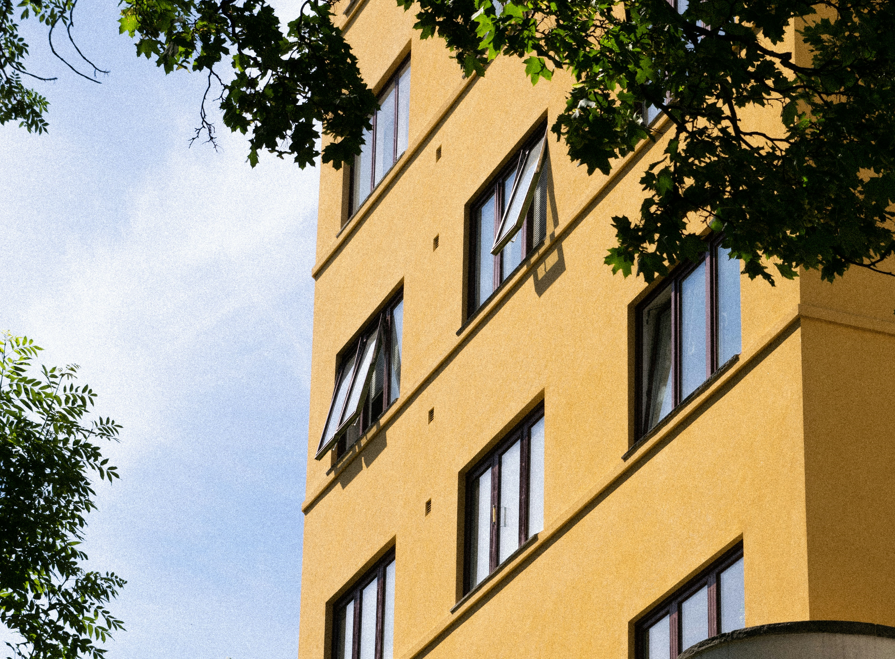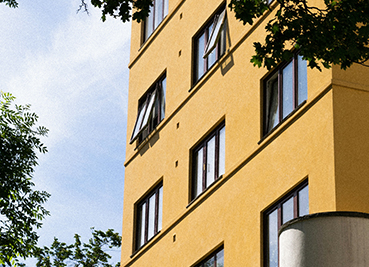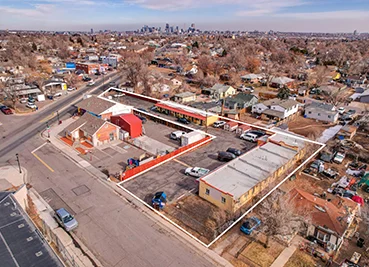
As seen in CoStar
Denver’s multifamily construction wave took center stage in 2024, smashing records and dragging down rent growth as landlords faced increased competition for renters.
However, new construction starts have fallen to a decade-low, and the picture could look quite different a year from now with completions expected to drop off in the months ahead.
From population growth to cooling construction, here are the key trends shaping the Denver multifamily market heading into 2025:
Denver sees strongest population growth since pandemic
The Denver metropolitan area added nearly 19,000 people last year, making 2023 the strongest year for population growth since the onset of the coronavirus pandemic.
Population for the 10-county metropolitan area now exceeds 3 million people, according to estimates from the U.S. Census Bureau, the first time in the market’s history. Denver remained the 19th-largest metropolitan area, ranking just behind San Diego and ahead of Baltimore.
The recent uptick can be tied to a rebound in domestic in-migration, with most new residents coming from California and Texas.
The multifamily development boom has created opportunities for people making the move across state lines. Roughly 41,000 units have been added to the Denver market over the past three years, more than doubling the availability rate during that time.
Vacancy reaches record high
The uptick in population growth supported stronger apartment demand with 9,600 units absorbed in the past 12 months. That is more than 30% higher than the market’s pre-pandemic average from 2015 to 2019. Absorption measures the number of units occupied versus vacated.
Even though demand has increased in the past year, the market faced one of the most active pipelines in the country. The influx of new units caused the vacancy rate to rise, increasing from the most recent low of 5.6% in mid-2021 to a record 10.9% in the fourth quarter.
The supply and demand imbalance was felt most acutely in downtown Denver, where 25% of the construction pipeline is concentrated. At 12.5%, downtown has one of the highest vacancy rates in the market.
Construction pipeline falls to lowest level in a decade
The construction pipeline has cooled significantly, however, with Denver’s multifamily pipeline dropping to 2015 levels as developers faced difficulties breaking ground on new projects amid higher construction costs, slower rent growth and a tighter lending environment.
Early 2023 marked the height of the current development boom when over 31,400 units were underway, the highest increase in apartment development since the 1980s. The pipeline has steadily dropped for six consecutive quarters to 13,000 units as of the fourth quarter.
While a record 19,000 units are projected to be completed this year, that figure is projected to fall to 6,600 units in 2025, CoStar forecasts. The pipeline is projected to fall even further in 2026 to just 4,700 units. That would mark the lowest level of annual completions since 2013.
Concessions sweep the market
Amid the construction spike, concessions have become increasingly generous as landlords compete for renters, who can generally expect up to eight weeks of free rent on a one-year lease. Typically, free rent is offered on the front end of the lease, which could play a role in easing the financial burden associated with tenants’ relocation.
Property managers report that concessions have become necessary to secure leases. Nearly half of all Denver apartments are offering incentives, according to CoStar data, outpacing the national average of 28%.
Historically, concessions have generally been limited to new leases during a property’s lease-up phase. However, Denver’s landlords have had to contend with the nearly 19,000 new units completed over the past year, forcing property owners to do more to entice renters. Property managers note that even stabilized properties have begun offering incentives for new leases and renewals to drive demand.
Rents poised to rebound
Due to an impressive spring leasing season, rents increased through the first eight months of 2024. But the past few months have proved challenging for local landlords as the historic supply wave collided with the typical slowdown experienced in the fall and winter months.
With the decline, the average asking market rent for a one-bedroom apartment in Denver is now $1,818 per month, according to CoStar data. This is down by roughly 1.8% from the start of the year. Year-to-date rent growth through November averaged 3% in the five years leading up to the pandemic.
Landlords are hopeful that 2025 will mark a return to historical norms, as new groundbreakings in the past year have dwindled to a decade low. Fewer completions are setting the stage for a more supply-constrained market, which should support stronger rent gains and allow landlords to pare back concessions.
Rents will increase by 3% in 2025, marking a return to the pre-pandemic five-year average, CoStar projects.




